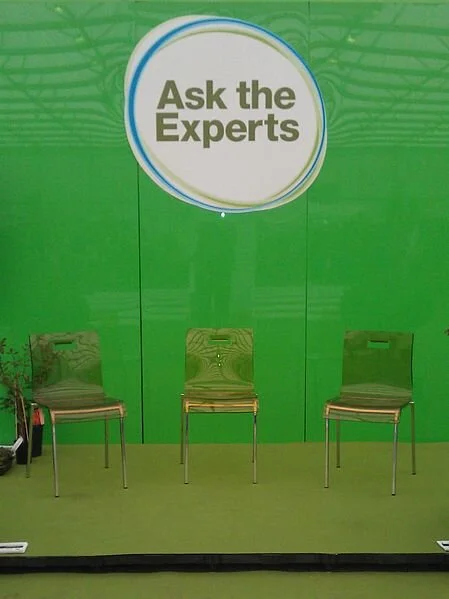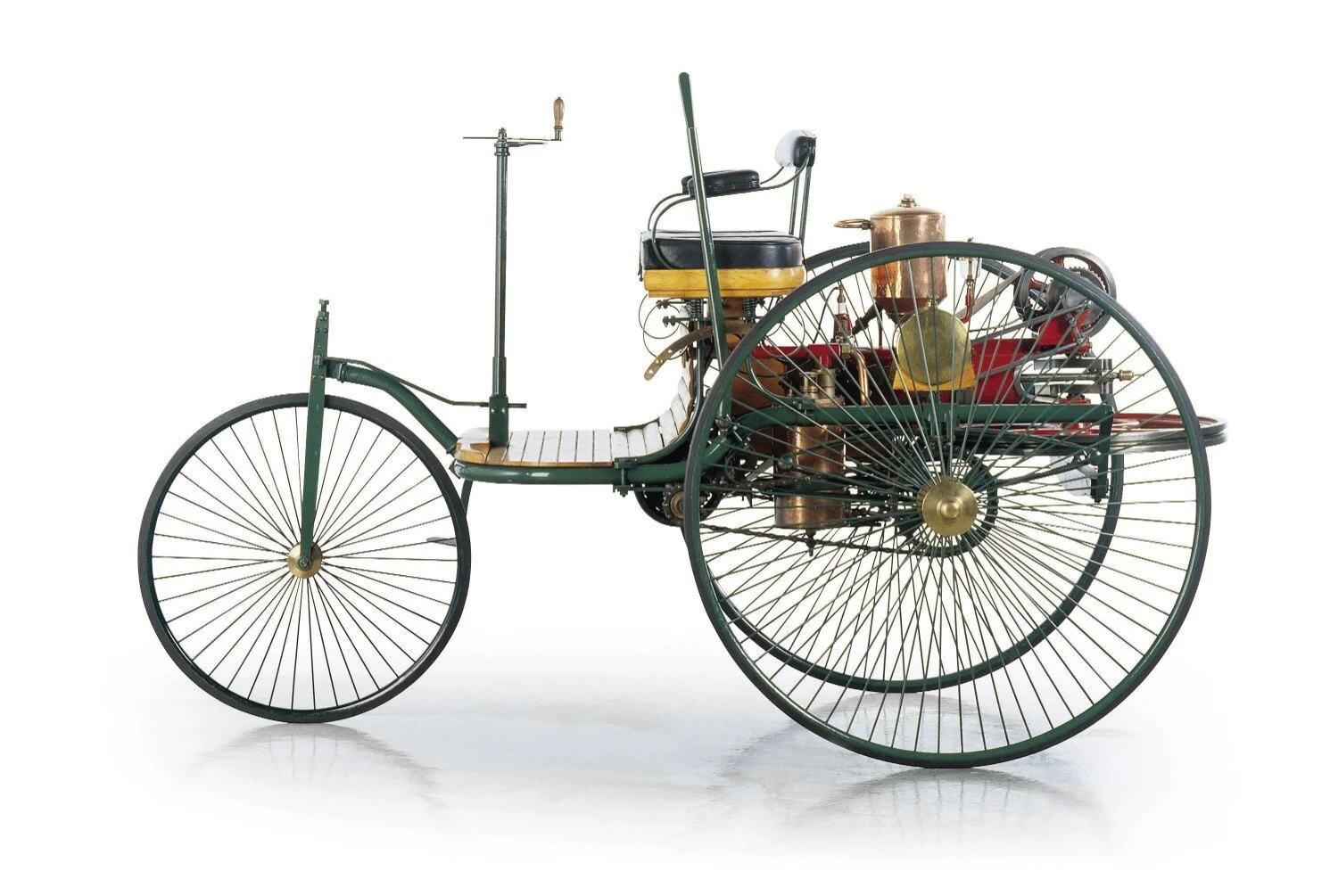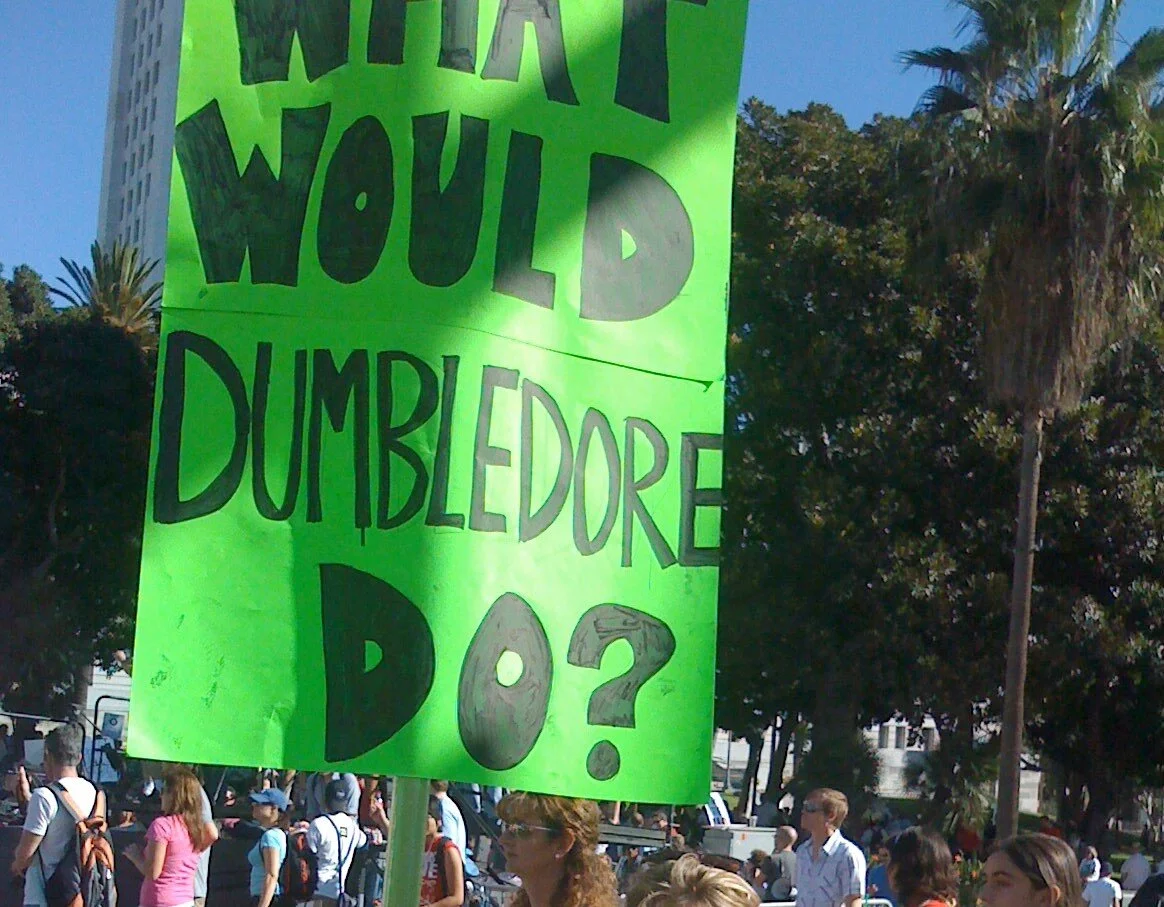I explained my dilemma to the other two people in my ‘troika’ group, and then turned my back. For the next few minutes, they discussed the problem as if I wasn’t there. I heard empathy, I heard honesty. They were free to talk to each other about what I’d said without worrying about me becoming defensive, or correcting them. They also said what they’d intuited about what I’d not said. It was liberating for us all.
Signalling roles when you're facilitating
"...and if there's any more [questions or feedback], please come and see one of us in the green t-shirts". How do we make it as easy as possible for participants - and the rest of the facilitation team - to spot us in a crowd?
Farmers who have been taking part in pilots for the new Sustainable Farming Incentive system came together to give feedback to the Defra team. This was a classic consultation event: no decisions were being made in the room. Instead, the client organisation wanted to harvest as much detail about what's working and what's not. So there were facilitators on every table and lots of worksheets for people to record their feedback on. The 'green t-shirts' are referenced at 5.15 on this video. Well done to the team from Sheffield University who ran these pilot learning events.
Doing the sustainability team a favour
Does it sometimes feel as if your colleagues treat their sustainability actions as a favour to you?
I'm working with a couple of in-house sustainability teams at the moment, whose situations have strong similarities, despite one being a global brand and the other a public sector agency. The teams have hats which are familiar to most in-house sustainability specialists:
Taking a 'blind man's holiday'
Before ubiquitous electricity, when daylight was fading but it wasn't yet dark enough to justify lighting the candles or lamps, people would take a 'blind man's holiday'. Too dark to work, or read, this is a time of obligatory rest which is no longer part of the rhythm of our lives. How can we reclaim it?
Experts in deliberation
One of the distinguishing features of deliberative processes (e.g. Citizens' Juries, Citizens' Assemblies and other similar dialogue processes where the participants are 'mini publics') is the use of 'experts'. Who chooses them? What role do they play? If you haven't had enough of experts, read on...
Moving is moving
In August, Bertha Benz, without telling him, took her husband's car and drove her teenage sons the 65 miles to her mother's house in Pforzheim, Germany. No, not a story of marital strife, but of pioneering action by a woman - for the year was 1888 and this was the first ever long-distance drive in a car with an internal combustion engine. But movement is on the move. What kind of novel ways of getting around would Bertha and her peers use today?
Unlikely professions going green...
Earlier this summer saw the launch of London-based Lawyers for NetZero, a peer network for in-house counsel. But which other unlikely professions are changing from the inside out?
What would Dumbledore do? 10 ways to spice up your brainstorms
When you need to help people get their creative juices flowing, free up their imagination and come up with ideas in quantity rather than being silenced by the need for quality... a brainstorm is the go-to technique. But sometimes the ideas stop, especially in a virtual meeting. Here are ten ways to get things moving again.
Taking a systems view of plastic
What 'might' a sustainable future look like?
I've been reading a lot of stories this year, and exploring creative writing. This has been a treat and I've seen it as an alternative to working or the news. But of course, there's sustainability and change-related learning there too if you look for it. So here's a combination of an exercise from Tim Clare's 100 Day Writing Challenge, and ideas from some of the utopian fiction and positive sci-fi (solar punk) I've been reading.
Task focus vs relationship focus: the 'trust cushion'
You've probably spotted that some people like to spend time getting to know others, building a strong relationship with them, and may let deadlines or quality slide so as to not fall out. They have a strong 'relationship focus'. Others like to know what's expected, what the deadlines are, and focus on delivery even if it means other people are side-lined or criticised. They have a strong 'task focus'. How can you persuade task-focussed people to put time into relationships?
Exploring white privilege
If you're white, you have almost certainly benefited from white privilege.
I know I have.
Recognising the specifics of our own experience of 'white privilege' is a step along the way to understanding the continuing impact today of the historical and systemic exploitation of non-European people and societies by Europeans and the societies they established in places like North America and Australia. I have been exploring my own white privilege, using a simple exercise.
"You have no authority here, Jackie Weaver!" Where does 'authority' come from, in meetings?
The UK has been captivated in last few days by a viral video of highlights from a meeting of Handforth Parish Council, and Jackie Weaver has become something of a hero: the 'grown up' in the room. One participant in the Zoom meeting declared "you have no authority here Jackie Weaver!" shortly before being removed from the meeting. Where does 'authority' in a meeting come from?
Getting sustainability onto your organisation's risk radar
Given the unprecedented year we’ve had, lots of organisations are thinking much more seriously about risks and contingencies. What can you feed in to risk assessments or your organisation’s risk register, from a sustainability perspective?
Sorry I'm late!
Putting a face-to-face climate research event online
What's keeping CEOs awake at night?
How can we make our online events more beautiful?
When we set up 'real' rooms for participants, we use flowers, music, posters, objects, room layout and pay attention to countless little details, to create a beautiful, welcoming space which says "you matter" to participants. How can we do this online? Twenty facilitators, trainers, coaches and others joined a workshop to share ideas.
What might a sustainable post-pandemic recovery be like?
More priority given to care and caring? Collective action for individual good? Cities designed to enable us to be good neighbours? Or inequalities made worse by stark divisions between the people who can work from home and those who can't? She is Still (virtually) Sustainable brought together a brilliant panel to explore what the future of sustainability looks like, from our vantage point within a pandemic and a lockdown.

















